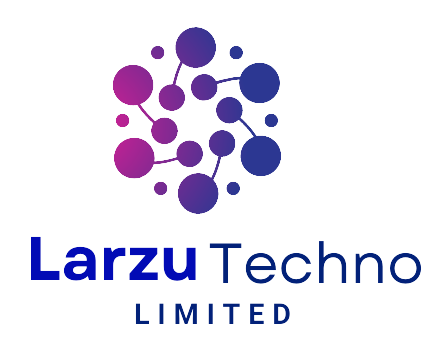Artificial Intelligence (AI) and Machine Learning (ML) are no longer just buzzwords or futuristic concepts—they’re integral parts of our everyday lives and the backbone of many industries’ innovation strategies. As we navigate through 2024, it’s clear that AI and ML are advancing at an unprecedented pace, reshaping everything from healthcare to entertainment. Let’s delve into some of the most exciting advancements in these fields and what they mean for the future.
Generative AI: Creating the Future
One of the most talked-about advancements in AI is the rise of generative AI models. These models, such as OpenAI’s GPT-4 and DALL-E, can generate human-like text and create images from textual descriptions. Their applications are vast:
- Content Creation: Businesses are leveraging generative AI to produce
- marketing copy, write articles, and even create music and art, significantly reducing the time and cost associated with content production.
- Personalization: In marketing and e-commerce, generative AI helps create highly personalized experiences for users by generating tailored recommendations and advertisements.
- However, this rapid growth also raises ethical questions about originality, ownership, and the potential misuse of AI-generated content, prompting a need for robust guidelines and regulations.
AI Ethics and Regulation: Navigating the Moral Landscape
As AI becomes more pervasive, the importance of ethical considerations cannot be overstated. Governments and organizations worldwide are focusing on creating frameworks to ensure AI is used responsibly. Key areas of concern include:
- Bias and Fairness: AI systems must be trained on diverse datasets to avoid reinforcing existing biases. Organizations are developing techniques to audit and mitigate bias in AI models.
- Transparency: There is a push for more transparent AI systems where the decision-making processes are understandable to users and regulators. This transparency is crucial for building trust and ensuring accountability.
The Integration of AI and IoT: Smarter Ecosystems
The Internet of Things (IoT) and AI are converging to create smarter, more responsive environments. This integration allows for real-time data processing and decision-making, enhancing everything from smart homes to industrial automation. Examples include:
- Smart Cities: AI algorithms analyze data from various sensors across the city to improve traffic management, energy usage, and public safety.
- Predictive Maintenance: In manufacturing, AI analyzes data from IoT devices to predict equipment failures before they happen, reducing downtime and maintenance costs.
Sustainability: AI for a Greener Planet
AI is also making significant contributions to sustainability efforts. From optimizing energy usage to enhancing climate modeling, AI technologies are helping tackle some of the most pressing environmental challenges. Notable applications include:
- Energy Efficiency: AI systems optimize energy consumption in buildings and industrial processes, reducing carbon footprints and operational costs.
- Climate Prediction: Advanced AI models improve the accuracy of climate predictions, aiding in the development of more effective strategies to combat climate change.
Looking Ahead
The advancements in AI and ML are transformative, offering unprecedented opportunities and challenges. As we continue to push the boundaries of what’s possible, it’s crucial to approach these technologies with a balance of enthusiasm and caution. Ethical considerations, robust regulations, and continuous innovation will be key to harnessing the full potential of AI and ML while ensuring they benefit society as a whole.
Stay tuned as we witness the future unfold, driven by the remarkable capabilities of AI and machine learning. The journey is just beginning, and the possibilities are limitless.

